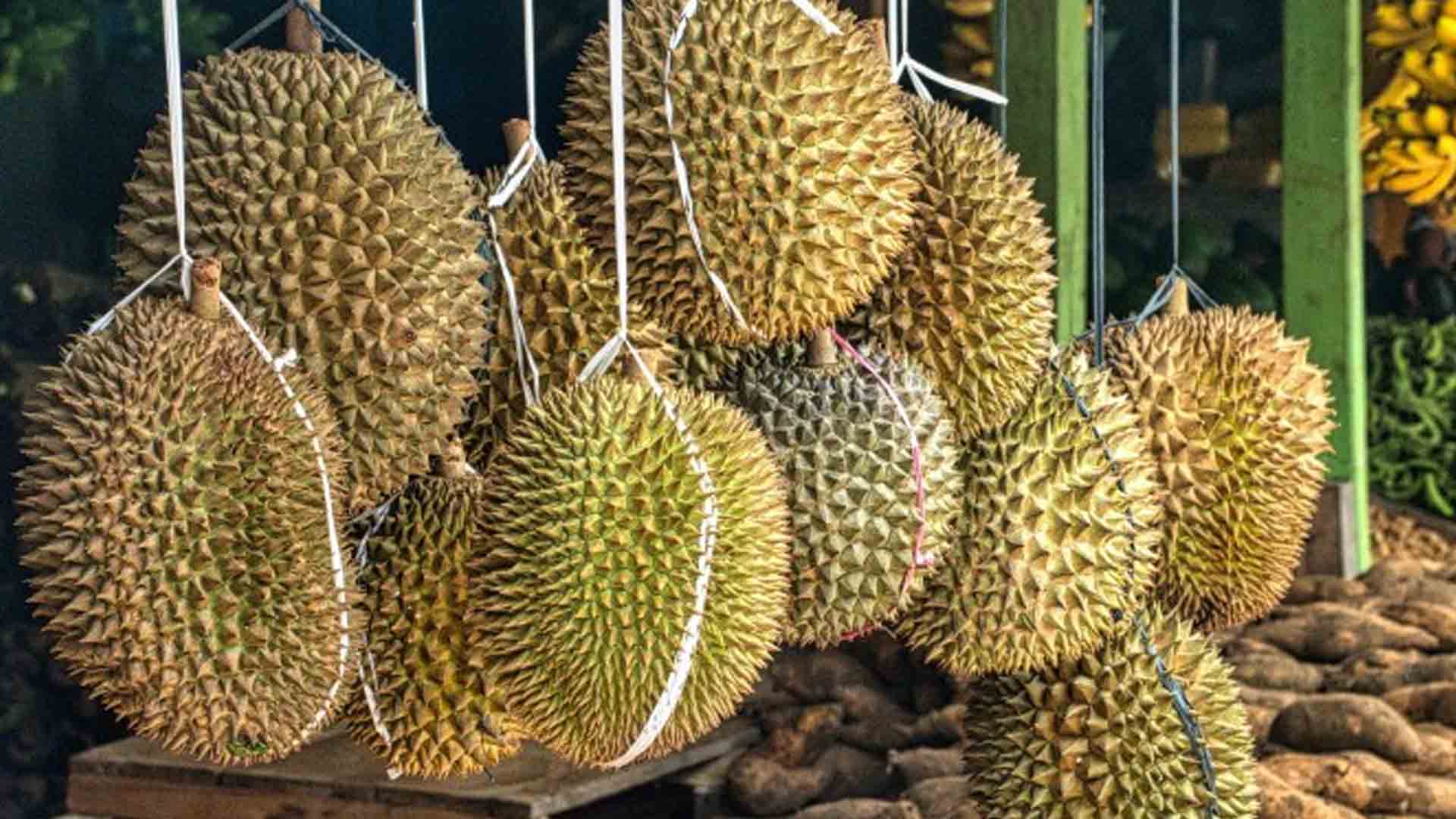The University of Southeastern Philippines (USEP) has received funding approval for research on the use of durian rind as natural preservative.
The Department of Science and Technology in Davao Region (DOST-11) said Thursday the Philippine Council for Health Research and Development (PCHRD) has committed over PHP900,000 for the study.
Prof. Judee Nogodula, head of the USEP College of Arts and Sciences Research, the study aims to use the fruit’s rinds as natural bio-preservatives by isolating bacteriocinogenic Lactic Acid Bacteria (LAB) and extracting bacteriocin from fermenting durian rind.
“This research also aims to provide future solutions to food safety issues,” said Nogodula, who also spearheads the project, in a statement.
USEP partnered with the University of the Philippines for the study, she added,
DOST-11 said the project is funded through the Regional Research Fund (RRF) facilitated by the Regional Health Research and Development Consortium (RHRDC), the regional arm of DOST-PCHRD.
The grant fund will cover expenses such as supplies, materials, technologies, transportation, maintenance, and laboratory technicians that will serve in the project. (PNA)







